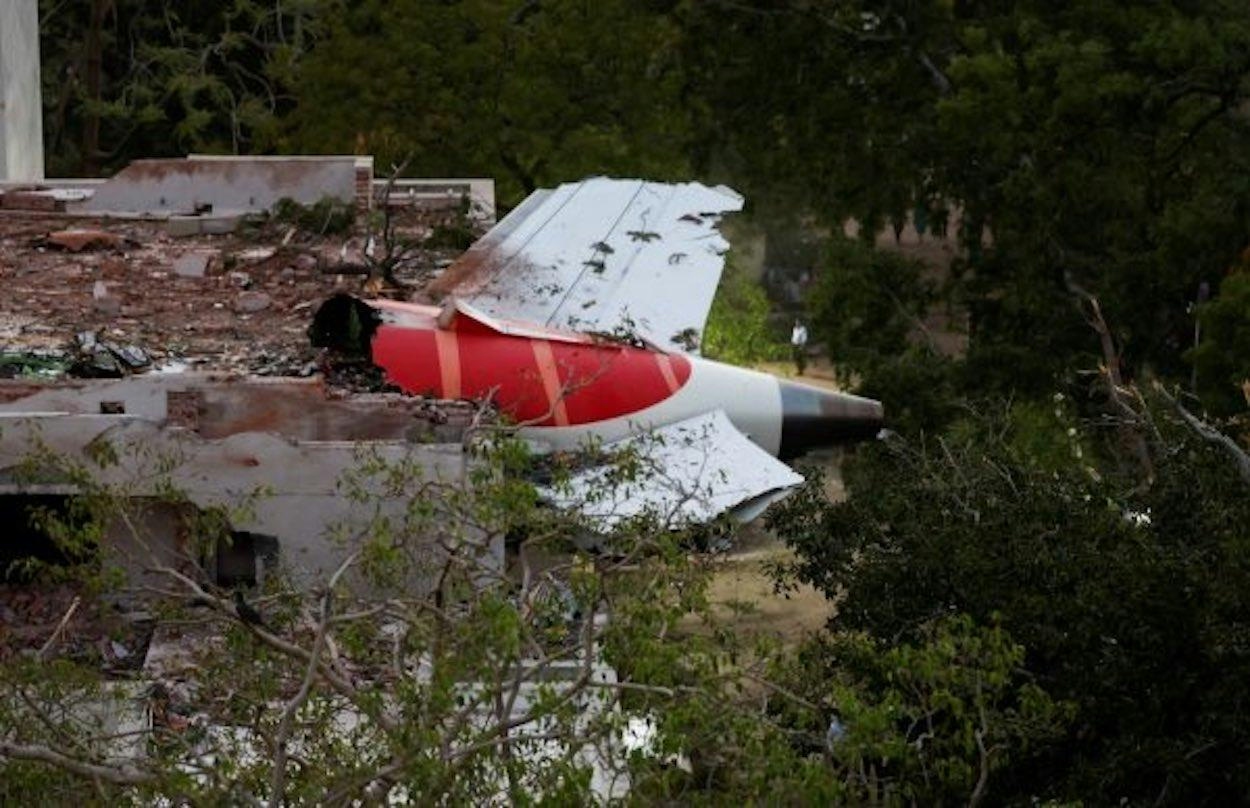AeroGenie — Uw intelligente copiloot.
Trending
Categories
NTSB Denies Media Reports on AI-171 Crash Investigation

NTSB Refutes Media Speculation on Air India AI-171 Crash Investigation
The U.S. National Transportation Safety Board (NTSB) has issued a firm rebuttal to recent media reports concerning the preliminary investigation into the Air India AI-171 crash. Chairwoman Jennifer Homendy characterized these reports as "premature and speculative," urging both the public and the press to withhold judgment until the official findings are published by the Air Accidents Investigation Branch (AAIB).
Official Statements and Media Claims
The NTSB’s response follows heightened scrutiny after several international media outlets cited aviation expert Byron Bailey, who speculated that the deactivation of fuel control switches might suggest "suicide by the pilot." The NTSB categorically denied these claims, emphasizing that such assertions are unsubstantiated and not supported by the preliminary investigation report.
On July 17, the AAIB also appealed to the public and media to avoid "selective, unverified reporting" in the wake of the tragedy. The bureau reaffirmed that the investigation is being conducted "in a rigorous and most professional manner in accordance with international protocols." It acknowledged the incident’s high-profile nature, noting the widespread public attention and shock it has generated.
Broader Controversies and Industry Impact
Beyond the technical aspects of the investigation, the situation has been further complicated by allegations from British law firm Stewarts Law. The firm accused Air India of pressuring families of crash victims to disclose financial dependencies, a claim the airline has firmly denied. These allegations have intensified scrutiny on Air India as stakeholders closely observe the airline’s handling of the aftermath.
The NTSB’s denial and the ongoing investigation have also elicited reactions within the aviation industry. Market analysts suggest that the increased attention could affect perceptions of Air India’s safety standards and operational integrity. Competitors may leverage the situation to underscore their own safety records, potentially influencing consumer preferences and investor confidence in the sector.
As the investigation proceeds, both the NTSB and AAIB emphasize the necessity of relying on official information rather than conjecture. They have called for patience, reaffirming their dedication to a thorough and transparent inquiry into the causes of the AI-171 crash.
Comments
- M
Michael T Scott, Veteran Pilot/Capt since '73
There are far too many variables that include FADEC malfunction, RAT early deployment, switch integrity vs cascading levels of circuits, Boeing, Air India and the Airlines Industry taking a huge loss over downed equipment and refitted Computer systems. This investigation will likely take several years before its completed and proper safety measures are taken. In the meanwhile the crew should be left blameless.

Capital A Completes Sale of Aviation Business to AirAsia X

Four Gateway Towns to Lake Clark National Park

PRM Assist Secures €500,000 in Funding

InterGlobe Aviation Shares Rise 4.3% Following January Portfolio Rebalancing

Key Market Segments Shaping Airline Route Profitability Software

Locatory.com Gains Traction Among Aviation MROs and Suppliers

JetBlue Flight Makes Emergency Landing Following Engine Failure

58 Pilots Graduate from Ethiopian University

The Engine Behind Boeing’s Latest Widebody Aircraft

UBTech Shares Rise After Airbus Orders Humanoid Robots
